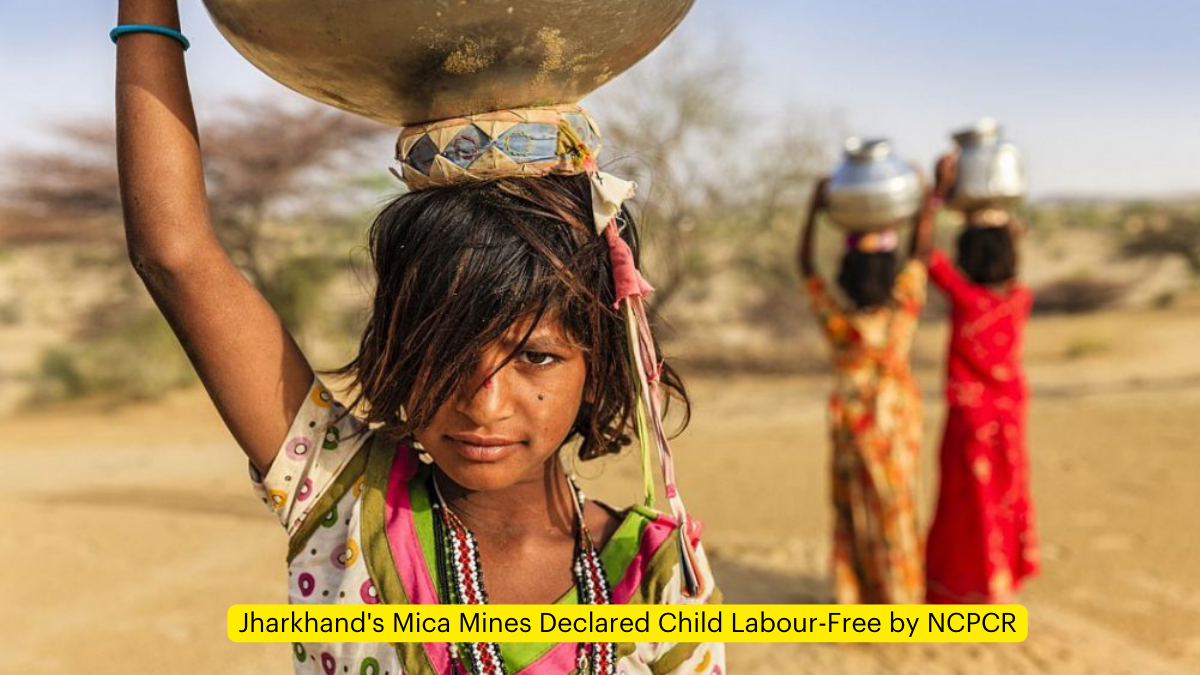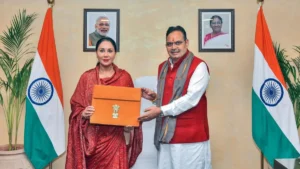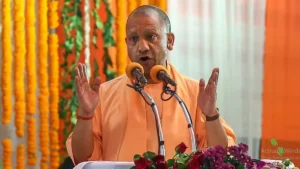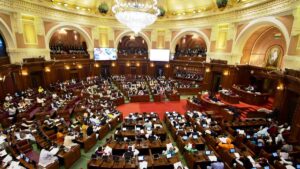National Commission for Protection of Child Rights (NCPCR) declared the mica mines of Jharkhand ‘child labour-free’ at an event in Koderma, Jharkhand. NCPCR chairperson Priyank Kanoongo announced this as the first-ever successful endeavor to cleanse a supply chain of child labour in mica mining.
Child Labour in India
In India, working children up to 14 years of age are classified as child labour.
Child Labour in Mica Mines of Jharkhand
Background on Mica Mining
Mica, a shimmery, translucent mineral, is used in various industries including cosmetics, electronics, automobiles, and construction. It is abundant in the Koderma and Giridih districts of Jharkhand. Koderma was once known as the Mica capital of India, the Abkrah Nagari.
Historical Context
Mica mining was once a booming industry in the area, making India the largest exporter of Mica globally. However, the Forest Conservation Act of 1980 banned mining in forest areas without central government permission, leading to illegal mining operations.
Child Labour in Mica Mining
Poor families often involved their children in collecting mica (locally known as dhibra) to earn extra income. At one point, around 20,000 children were employed in this work.
Child Labour Free Mica Initiative
Campaign Launch
A child labour-free mica initiative was launched 20 years ago, involving the state government, district administration, village panchayats, civil society, and the central government. The NCPCR later joined the initiative.
Implementation
The campaign identified child labourers who were out of school, removed them from mining activities, and enrolled them in schools. Efforts were made to ensure children remained in school and did not return to mining.
National Commission for Protection of Child Rights (NCPCR)
Establishment and Mandate
- Established in 2007 under the Commission for Protection of Child Rights (CPCR) Act, 2005
- Under administrative control of the Union Ministry of Women and Child Development
- Safeguards children’s rights as per the Constitution and other laws
- Ensures rights provided by the Right to Education Act, 2009, and POCSO Act 2012
Key Details
- Considers individuals up to 18 years of age as children
- Consists of one chairperson and 6 members, including two women
- Current Chairperson: Priyank Kanoongo
Global Mica Production
- China is the world’s largest mica producer
- India is the eighth-largest producer globally
- India remains the largest exporter of mica worldwide, followed by China
Mica Production in India
Andhra Pradesh leads mica production in India, followed by Rajasthan.
This achievement in Jharkhand marks a significant milestone in the fight against child labour in India’s mica mining industry, showcasing the effectiveness of collaborative efforts between government bodies, local communities, and civil society organizations.
Important Takeaways for all competitive exams:
- National Commission for Protection of Child Rights Founded: 5 March 2007;
- National Commission for Protection of Child Rights Headquarters: New Delhi, India;
- National Commission for Protection of Child Rights Chairman: Priyank Kanoongo.




 Rajasthan Budget 2026–27 Presented with ...
Rajasthan Budget 2026–27 Presented with ...
 Uttar Pradesh Tables First-Ever Economic...
Uttar Pradesh Tables First-Ever Economic...
 Uttar Pradesh Presents ₹9.13 Trillion Bu...
Uttar Pradesh Presents ₹9.13 Trillion Bu...








